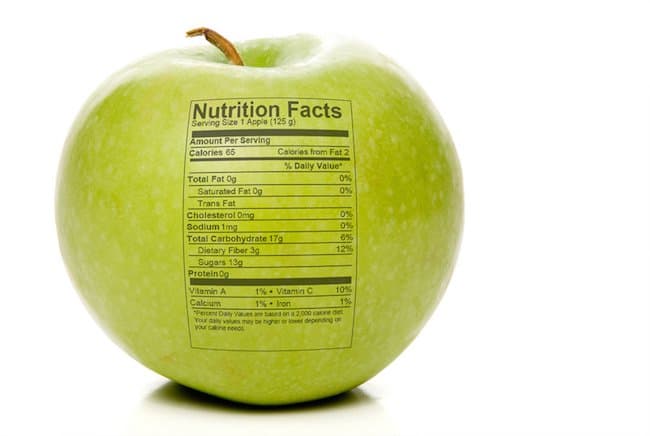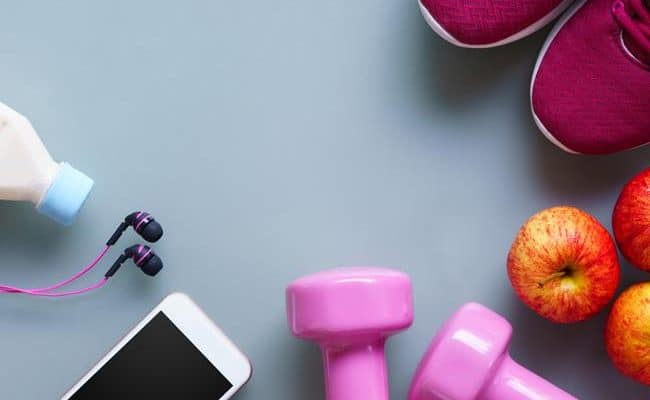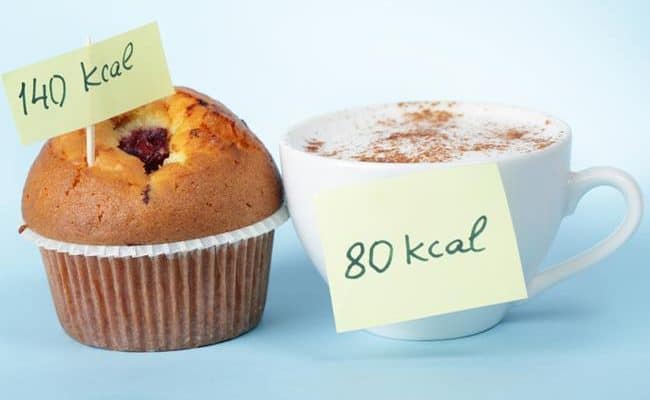
Making a record of everything you eat and drink may sound time consuming and tedious, but it may help you to lose weight. Studies have found that those who make a record of what they are eating daily tend to lose more weight than those who do not.
The Evidence
A 2008 study including 1,700 participants following the DASH diet for weight loss and improvement of lifestyle factors suggested that those who recorded what they ate lost twice as much weight as those who did not. In this study, the more records participants kept, the greater the weight loss they experienced throughout the duration of the study.
Similarly, in a 2012 study published in the Journal of the Academy of Nutrition and Dietetics, found that those keeping a record of their food intake were more likely to lose weight. This study was carried out of a year period in 123 overweight to obese women and also found that lower levels of weight loss was associated with such traits as skipping meals and eating out for lunch at least once per week.
What is food tracking?
Food tracking means that you make a record of the food you eat daily. Traditionally this is done by keeping a food journal, but it needn’t be that official. Even recording your intake on a post-it note or sending yourself a quick email may do the trick.
These days it is even easier to track the food you eat quickly and simply wherever you are with a wide range of mobile phone apps and food tracker available online such as our own free calorie counter. These types of trackers are far less time consuming and more convenient than a food diary and can be used on the run.
How can calorie tracking help you to lose weight?
The idea of recording your food intake helps you lose weight for a number of reasons.
The first and possibly most significant is that writing down or recording what you eat makes you more aware of what is actually going into your mouth. Many people underestimate the amount of food they are actually consuming, and then wonder why they are not seeing any results in their weight loss.
Remember all the little snacks, drinks, eating leftovers from the kids’ plate and picking at food whilst cooking, all adds extra calories and can contribute a lot of energy if done on a regular basis. If you are making the effort to record everything you eat, you are more likely to notice what is going into your mouth at all times and take this into consideration when evaluating your diet and weight loss.
Keeping a food record also helps you to be more aware of portion sizes. If you also record the amount you are eating, it is often surprising to see how many serves of the food and how many calories this equates to. Weighing out food to control portions may also be a helpful way to keep calories down and enhance weight loss.
A food journal or tracking system can also help you be more honest with yourself or with your dietician if you have one. Many people are in a state of denial about the amount and types of foods they eat, and misreport their actual intake quite drastically. Tracking your food makes it more difficult to be dishonest with yourself and with any health professionals that may need accurate data.
This brings us to another advantage of food tracking, which is that it can be incredibly helpful for health professionals, particularly dieticians, and help them develop a plan that is personal to you. Whether you are seeking help for weight loss or for management of illness, it is essential that your health professional has accurate information in order to give the correct diagnosis and prescribe a plan that will fit your lifestyle, eating habits and condition.
Often people misreport what they are eating, simply because they do not remember all their meals and this can provide misleading and inaccurate information.
Tracking your food can also provide motivation. If you can see a page of healthy, nutritious foods that you have consumed it can motivate you to achieve this type of day again. If you see a day filled with unhealthy choices, you might want to improve upon this the next day.
Tips for accurate tracking
Food tracking is in the control of the dieter, but remember by underreporting or writing inaccurate information in your journal or tracker, you are not hurting anyone but yourself. To see the benefits associated with food tracking:
- You must be honest and record what you are really eating
- You must be accurate with portion sizes
- You must be consistent- tracking needs to take place every day, you can’t just skip a day as it wasn’t one you want to remember from a diet perspective. Portable apps for food tracking can help with this.
- You must use sufficient detail- this is especially important if your journal will be shown to a health professional as they may need detailed information of certain nutrients you are consuming. Also from a calorie perspective, it is important to include all drinks, condiments and small snacks, no matter how insignificant they may seem.
References used in this article










